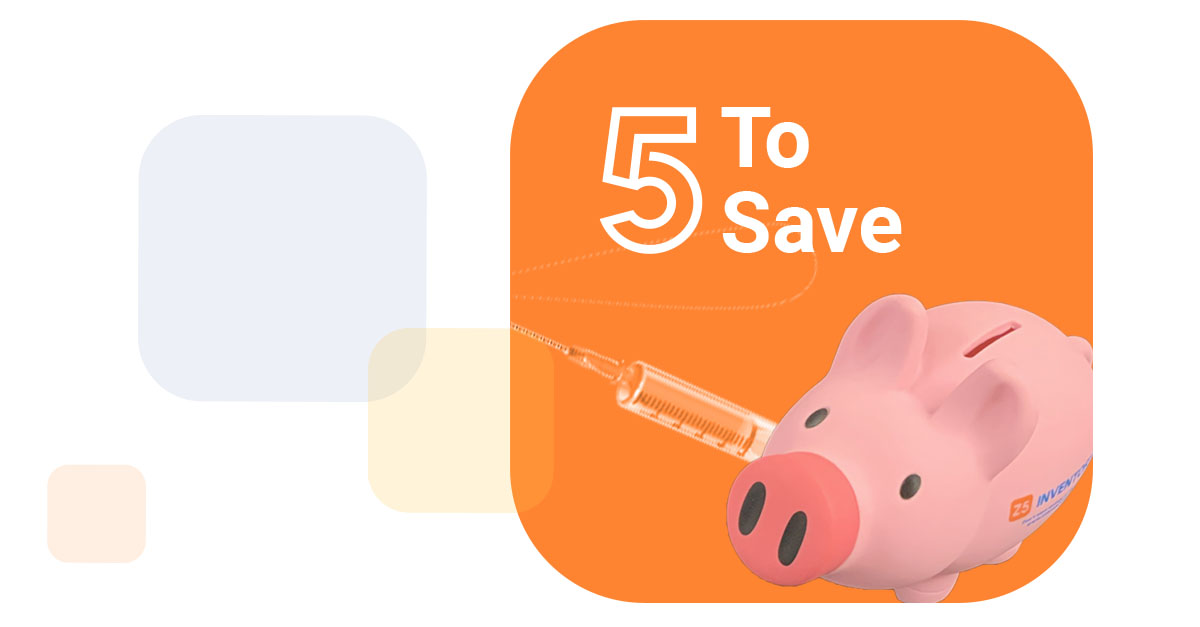
It seems pretty clear the carrot works better than the stick. But does the size of the carrot matter?
Okay, so we've got Omicron to worry about. (Insert your fraternity/sorority/Transformers joke of choice here; we've heard it all at this point.) We're big fans of being proactive rather than reactive. So what's the plan for dealing with this?
- Pharmaceutical companies are rushing to update their currently available boosters to protect against this and other variants.
- That's great, because COVID-19 boosters have pretty clearly been proven at this point to lower the severity of illness across age groups. But what do you do if you can't get your neighbors to get vaccinated in the first place, let alone get a booster?
- We and pretty much every other source talking about healthcare have returned to the idea of vaccine hesitancy, and this week we ran across new discussions about psychological factors that may affect vaccination rates.
- One of the big reasons that people might not want to trust healthcare authorities is that healthcare authorities are sometimes untrustworthy. It doesn't help convince the skeptics when a supposedly trustworthy source like the CDC is spreading inaccurate information about vaccination rates.
- So let's say someone can be convinced by the real facts when they get the real facts, but they don't feel particularly motivated to get vaccinated for one of a variety of reasons. Is a literal lottery the answer? Some state lotteries increased vaccination rates. Others backfired. It could be that people felt bullied and shamed, or it could be that the same impediments that kept them from accessing vaccination in the first place were still in place regardless of any potential reward.
Oh, no. This is going to be another one of those Five To Saves where we get to the end and say "We don't have all the answers yet, so we'll have to take each challenge on a case-by-case basis," isn't it?
Sorry if that's disappointing. We, for our part, love data. We want to know everything possible about what is going on currently so that we can make informed predictions about what's going to happen in the future. That's the basis for our award-winning risk assessment technology, and it'll be the basis of our final blog posts of 2021: looking forward to what 2022 is going to bring. (Spoiler: a lot of the same stuff.)
If you want the first glimpse into that future, as well as an extra article that we found this week about what motivates behavior in a healthcare organization, subscribe to our Five To Save newsletter.